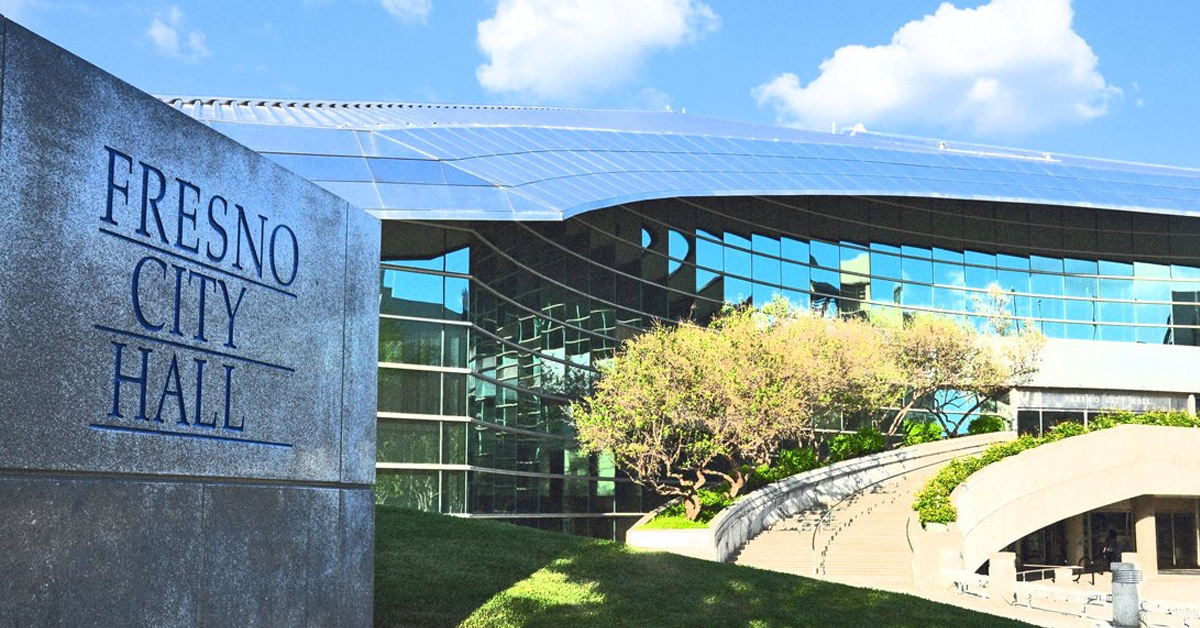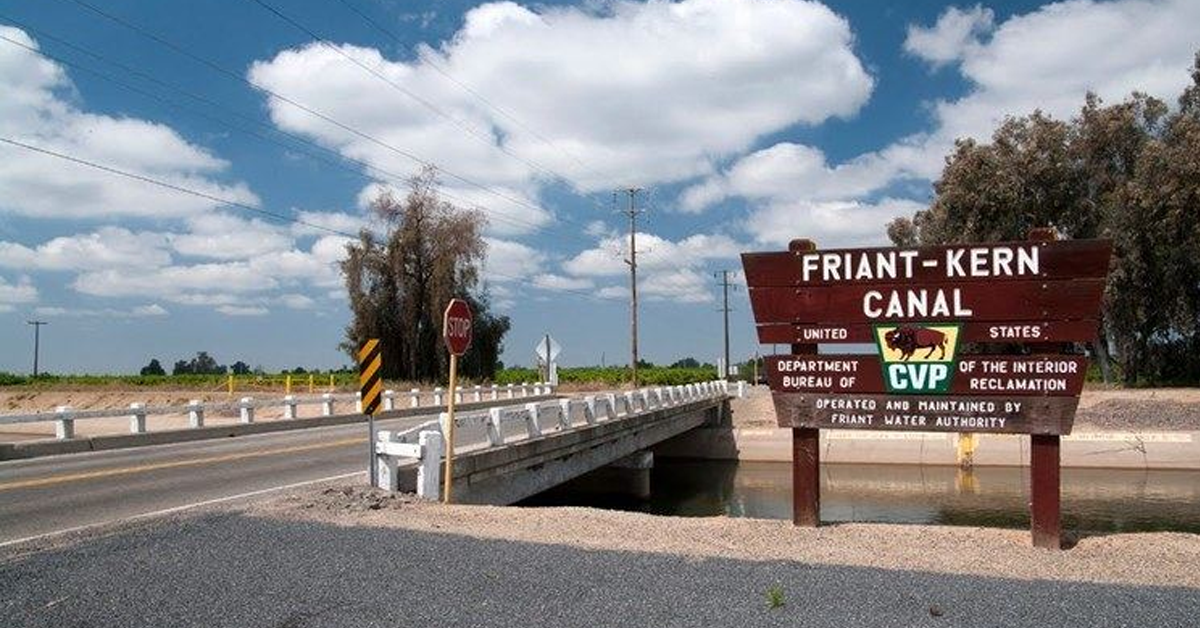Westlands Water District announced Wednesday that it recently completed the Lower Yolo Restoration Project, which restored the habitat for fish and other wildlife species in part of the Sacramento-San Joaquin Delta.
Westlands – which is based in Fresno and is the largest agricultural water district in the country – worked with the California Department of Water Resources and the Hallmark Group, a program management organization, to restore about 2,100 acres in the Lower Yolo Bypass.
The land had been previously used for cattle grazing, and now it has transformed into tidal marsh, riparian and upland buffer habitat.
The transformed acreage includes:
- 1,682 acres of tidal marsh restoration
- 364 acres of transitional upland buffer habitat
- 47 acres of enhanced existing riparian habitat
- 35 acres of existing tidal marsh enhancement
Westlands purchased the property in 2007 and put the project out to bid in early 2020.
The project’s completion comes after the third consecutive year in which the California Department of Fish and Wildlife failed to find a single Delta Smelt in the area.
Department of Water Resources Deputy Director Ted Craddock said in a Wednesday press conference that the project is beneficial to the overall health of the Delta and its ecosystem.
“This project creates one of the largest floodplains and wetland habitats in the Delta area, and it’s going to provide numerous benefits for fish and other wildlife species in the Delta region,” Craddock said.
Craddock added that the project is specifically targeted to provide a habitat for food production for the Delta Smelt, and it will give the local salmon species a rearing habitat.
While the Delta Smelt and other wildlife are the main beneficiaries to the project, Central Valley residents and farmers should not expect it to see a change in the amount of water the Valley receives from the state.
“I don’t expect that this project by itself will result in the increase of exports out of the Delta,” said Jose Gutierrez, Westlands CEO.
The regulations that govern the Central Valley Project and the State Water Project remain unchanged.
“I think the benefit of this project is it’s restoring habitat and returning land that was formerly used as pasture land irrigation for cattle grazing, and we’re now returning that to its natural state,” Gutierrez said.











